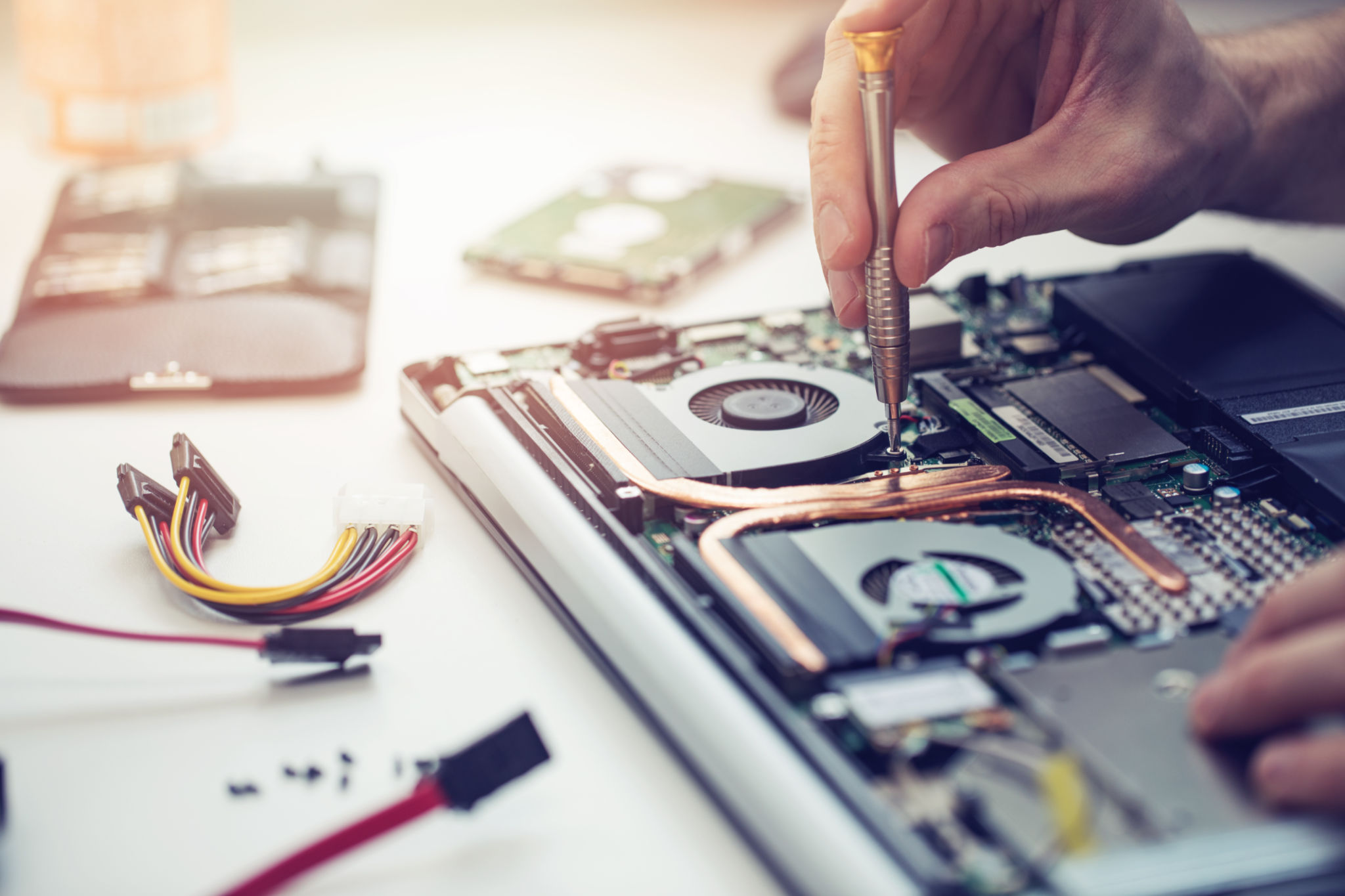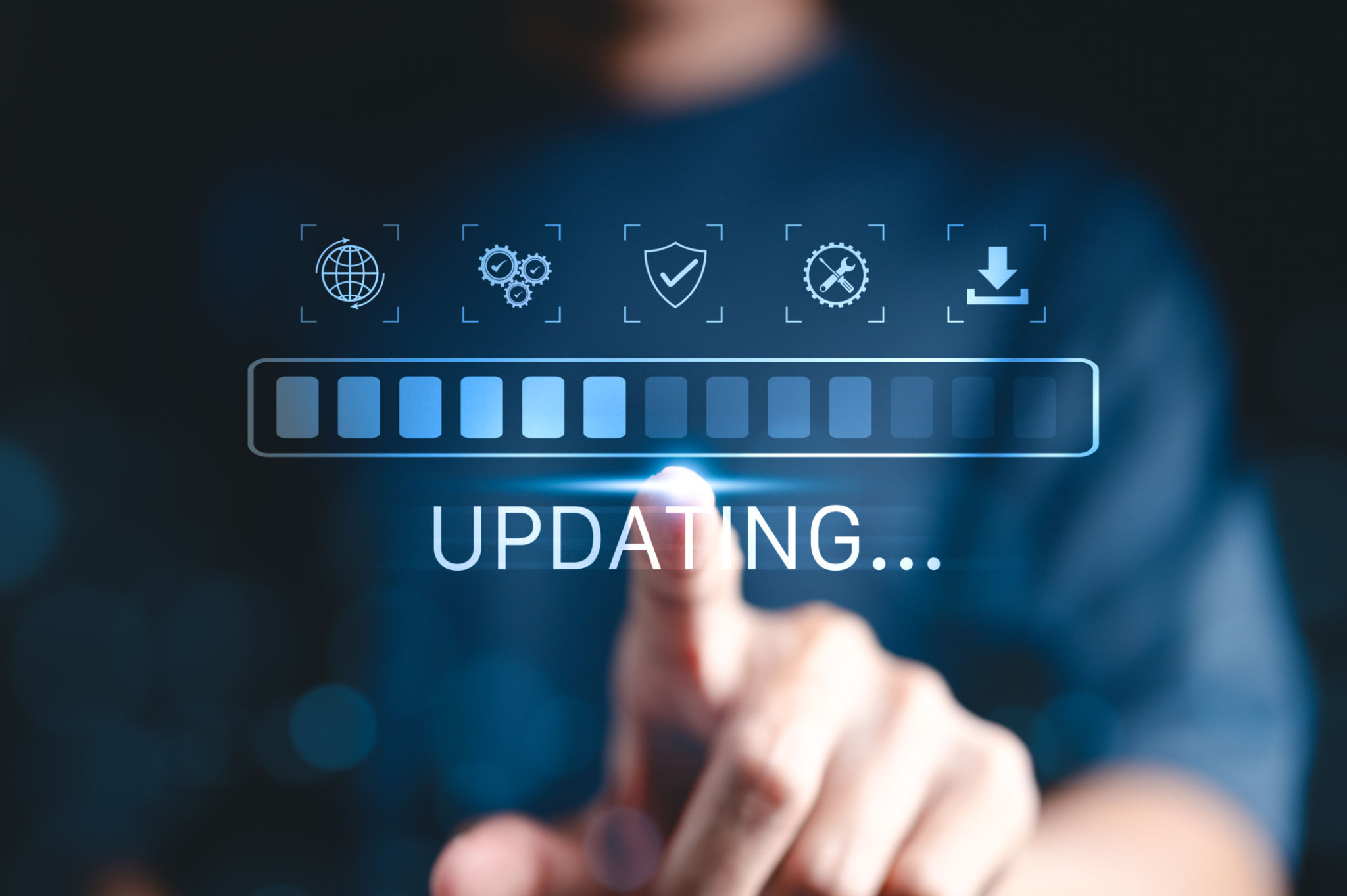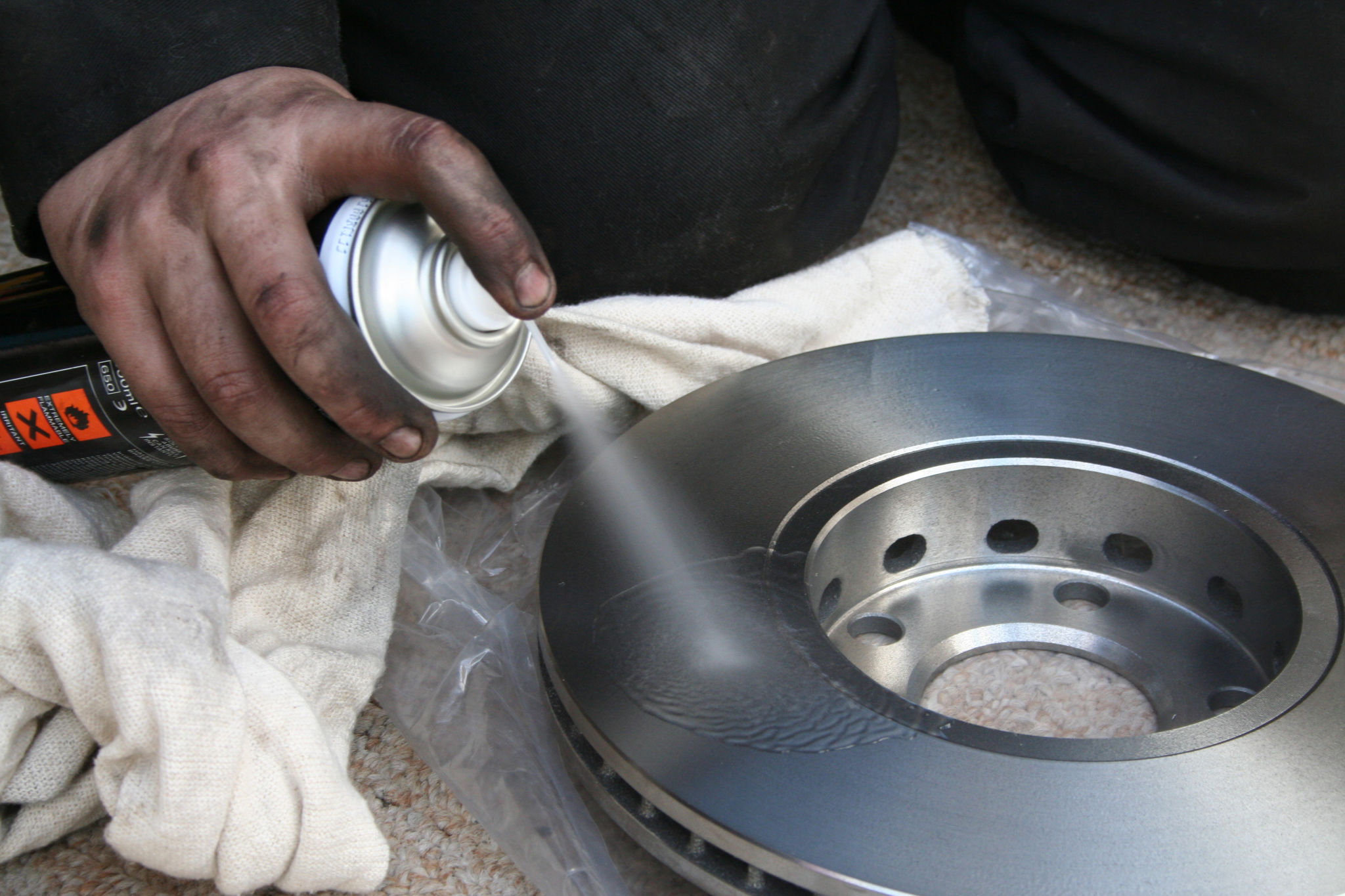DIY Computer Maintenance Tips for Optimal Performance
Introduction to DIY Computer Maintenance
Maintaining your computer is essential for ensuring optimal performance and longevity. A well-maintained system runs smoothly, efficiently, and can save you from costly repairs. Whether you're a tech enthusiast or a casual user, learning some basic DIY computer maintenance tips can make a significant difference.

Regular Software Updates
One of the simplest yet most effective ways to maintain your computer is by keeping your software up to date. Software updates often include important security patches, bug fixes, and performance improvements. Set your system to automatically update or regularly check for updates manually.
Operating System Updates
Keeping your operating system updated is crucial. These updates can improve system stability and security. Most systems offer automatic update features that can be enabled in the settings.
Application Updates
Don't forget about the applications you use regularly. Make sure to update your web browsers, office applications, and other essential software. This ensures you're using the latest version with all the improvements and security enhancements.

Regular Disk Cleanup
Over time, your computer accumulates unnecessary files and data that can slow down performance. Regular disk cleanup can help free up space and keep your system running smoothly.
Using Built-in Tools
Most operating systems come with built-in tools to assist with disk cleanup. These tools can help you delete temporary files, cache, and other non-essential data. Run these tools at least once a month for optimal performance.
- Windows: Use the Disk Cleanup tool.
- Mac: Utilize the Storage Management feature.

Protecting Against Malware
Malware can significantly impact your computer's performance and security. It's crucial to have a reliable antivirus program installed to protect against malicious threats.
Choosing an Antivirus
Select an antivirus program that offers real-time protection and regular updates. There are many options available, both free and paid. Ensure that it includes features like malware scanning, firewall protection, and email scanning.
- Install and regularly update antivirus software.
- Run full system scans periodically.
- Avoid clicking on suspicious links or downloading unknown files.
Hardware Maintenance
While software maintenance is important, don't overlook the physical components of your computer. Dust and debris can accumulate inside your system, affecting cooling and leading to hardware failure.
Cleaning Your Computer
Regularly clean your computer's exterior and interior using compressed air to remove dust from vents, fans, and other components. Be gentle and ensure the computer is powered off and unplugged before cleaning.

Conclusion
By following these DIY computer maintenance tips, you can enhance the performance and lifespan of your system. Regular updates, disk cleanup, malware protection, and hardware maintenance are key components of a well-maintained computer. Taking a proactive approach to maintenance not only improves performance but also provides peace of mind knowing that your data is secure and your system is running efficiently.